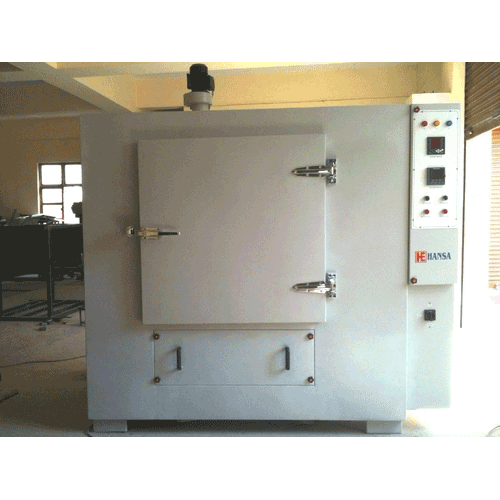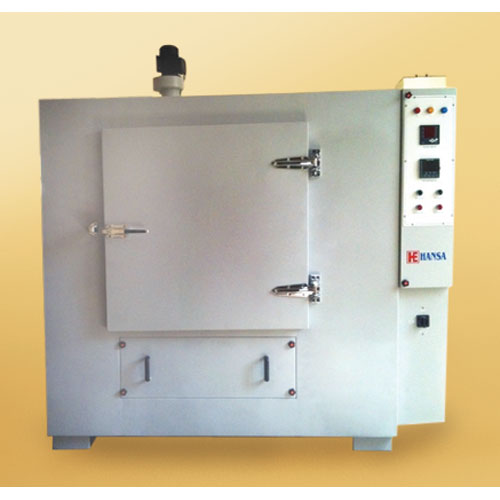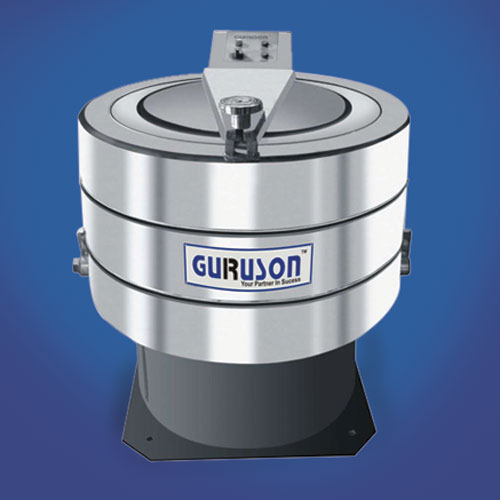Schedule a Call Back
Four novel ironmaking processes revolutionizing steel production and reducing carbon footprint
 Articles
Articles- Oct 31,25

Related Stories

India’s Decarbonisation Journey: Turning Climate Challenge into Opportunity
While decarbonisation is increasingly becoming a prerequisite to access premium global markets, India's path to net-zero by 2070 is complex. However, with coordinated action, strategic investments, ..
Read more
Four novel ironmaking processes revolutionizing steel production and reducing carbon footprint
In this article, Ish Mohan Garg explores novel ironmaking technologies such as hydrogen reduction, electrification, and carbon capture that are transforming steel production, cutting emissions and s..
Read more
Waaree Energies Greenlights Rs 81.75 Bn Capex for Battery Expansion
Waaree will scale up its lithium-ion battery plant capacity from the current 3.5 GWh to 20 GWh, representing a five- to sixfold increase.
Read moreRelated Products

Heavy Industrial Ovens
Hansa Enterprises offers a wide range of heavy industrial ovens.

High Quality Industrial Ovens
Hansa Enterprises offers a wide range of high quality industrial ovens. Read more

Hydro Extractor
Guruson International offers a wide range of cone hydro extractor. Read more
















